2 August 2021
Helena Dalli
Commissioner for Equality of the European Commission
Commemoration speech on the occasion of 2 August 2020, Holocaust Memorial Day for Sinti and Roma
It is with profound sadness that I join you to mark the Roma Holocaust Memorial Day, in honour of the memory of the hundreds of thousands of Roma victims of the Holocaust. Today we are marking a dark and tragic period in our history.
Yet – to date – too few Europeans know about the Roma Holocaust, let alone how it continues to impact Roma people and communities. We have to change this. Ignorance is weakness, and may allow history to repeat itself. Ignorance prevents us from building better, more inclusive societies.
As Europeans we have a moral duty to acknowledge and remember all those who suffered under the Nazi regime, including Roma. Remembering their persecution reminds us that Roma communities still face many challenges. Too often, societies fail to notice their plight. We must do all we can to tackle the challenges, including stigma and discrimination.
As the last survivors and witnesses of the atrocities are passing away, we must keep their memories alive. We must pass on their testimonies. In particular, I pay tribute to Raymond Gurême, a survivor who passed away on 24th May of this year. He became one of the most passionate voices for mutual respect and solidarity, and an inspirational figure for many young Roma people. We shall honour his memory and echo his voice for the generations to come.
This year has been a testing time for all of us. The Coronavirus has shown how vulnerable we all are. But those who are already vulnerable have suffered the most during the crisis. I was particularly concerned to see how some in society have perceived Roma people. They have presented Roma people as public threats or used them as scapegoats, accentuating fear and hate against them.
This is exactly why keeping the history of the Holocaust alive is so important. We must publicly condemn, act against and sanction such racist acts. After the horrors of the 20th century, there can be no room for hatred in the 21st. I therefore call on Member States to step up the fight against discrimination and anti-Gypsyism.
We must:
- ensure effective policies for the remembrance of atrocities of the past;
- preserve historic sites that help us retain the collective memory, and
- promote education and research in this area.
Every one of us in the EU should treat our Roma fellow citizens with dignity and respect, as they are an integral part of our societies.
I acknowledge and welcome the progress that some Member States have made in formally recognising 2nd August as the International Holocaust Remembrance Day. Poland was first to recognise it back in 2011. Croatia followed suit in 2014, as did Lithuania in 2019. As of June of this year, Romania joined this group of countries in recognises this day. I applaud these developments and I encourage other European leaders to follow suit.
Recognising International Holocaust Remembrance Day can only partially restore some of the dignity that the Nazi regime stole from the victims of the Holocaust, their families and their communities. But it is a very important step. In doing so, Member States are taking an important stand, acting responsibly and upholding a moral duty. They are also conforming with the European Parliament’s resolution of 15 April 2015, calling on Member States to recognise the Roma Holocaust officially and designate a European Memorial Day.
I assure you that as the Commissioner for Equality, I will be with you at the front of the battle against anti-Gypsyism and all other forms of hatred. Later this year, I will present an ambitious post-2020 Strategic EU Framework for Roma equality, inclusion and participation up to 2030. Prior to that, I will also put forward an action plan against racism and I am making sure that the fight against anti-Gypsyism is also an integral part of it. To combat a phenomenon effectively, we must first recognise that it exists.
At a time when populism and racism within the EU are on the rise, action and solidarity are more necessary than ever. We need to stay vigilant. We need to invest in education and youth empowerment. We need to strengthen social cohesion and foster policies that enhance the benefits of diversity in our societies.
May the memory of all the victims of the Holocaust, including Roma, always remain in our hearts and minds.
Statements 2020
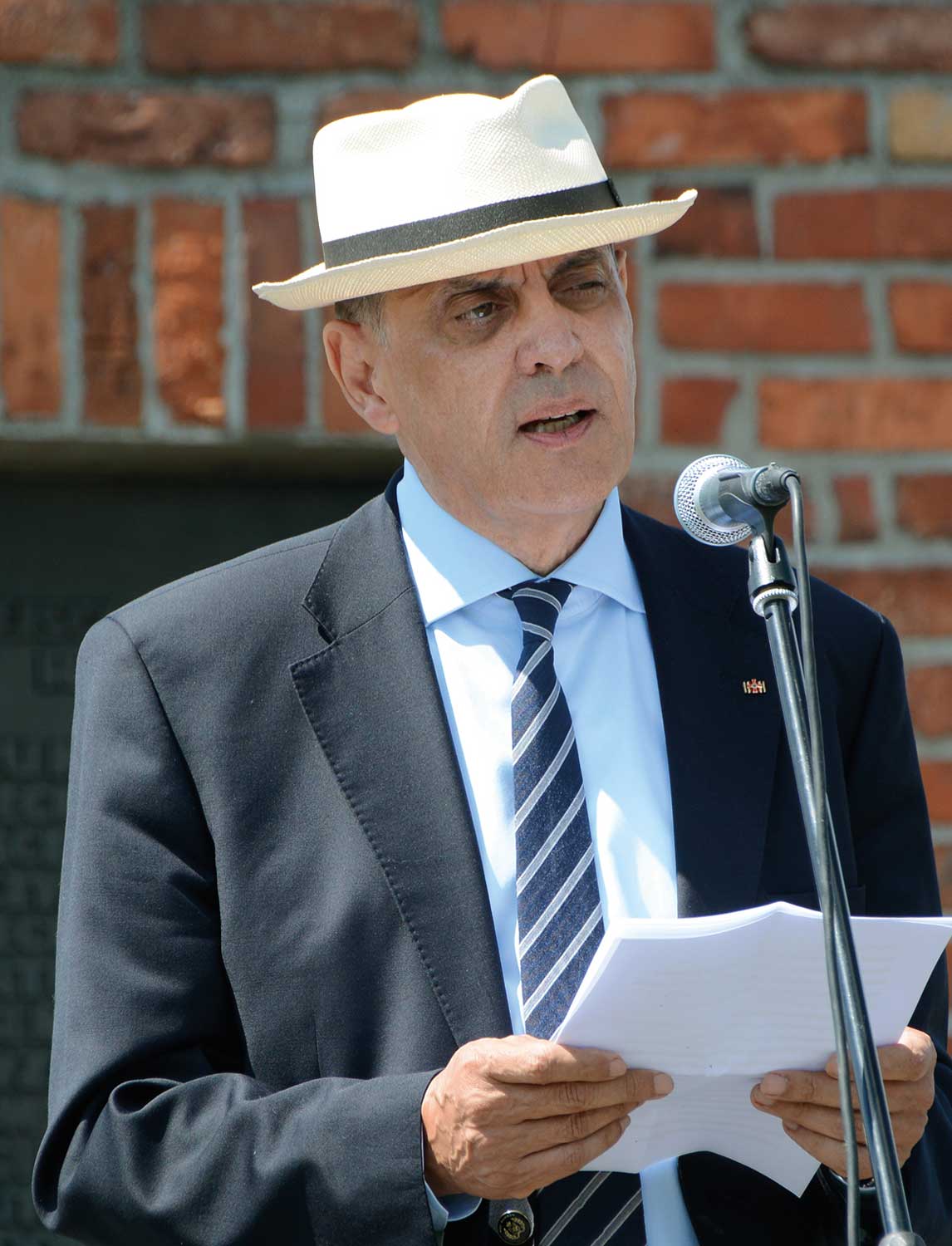
Romani Rose
Chairman of the Central Council of German Sinti and Roma

Zuzana Čaputová
President of the Slovak Republic
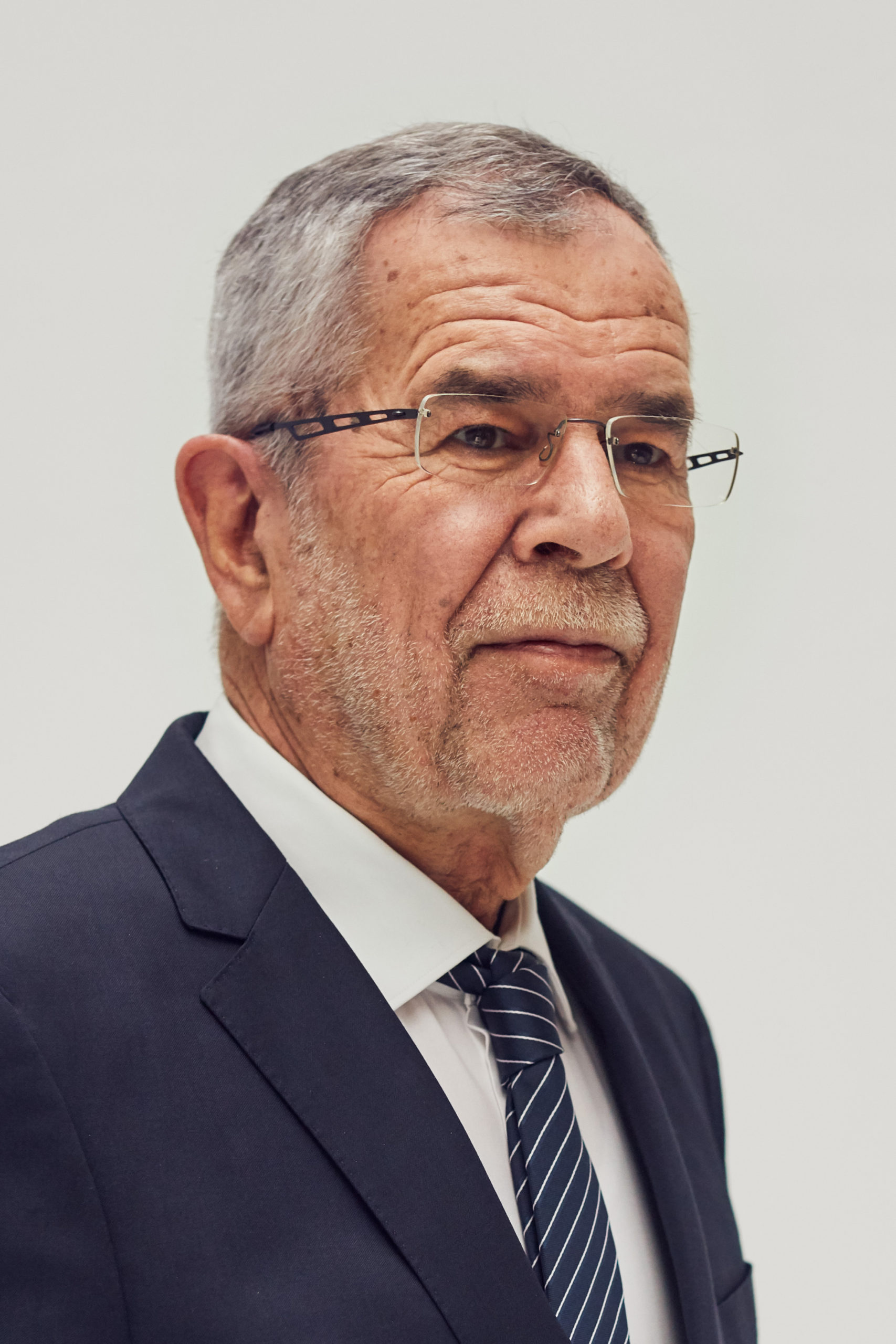
Alexander Van der Bellen
President of Austria
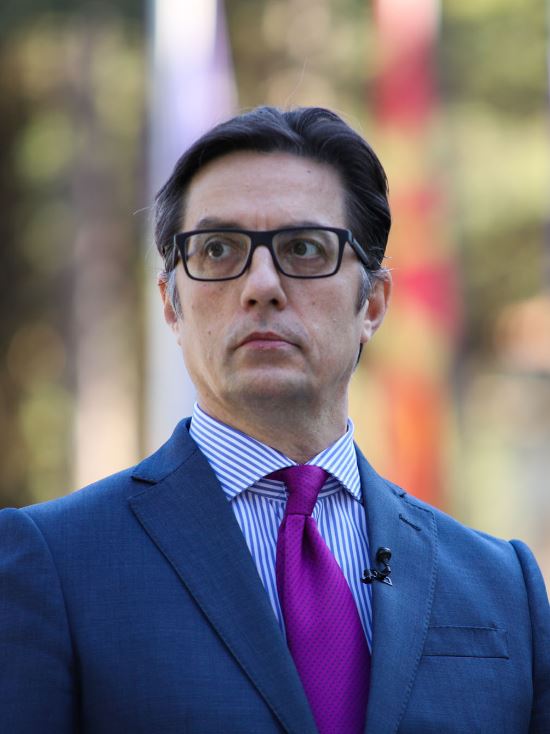
Stevo Pendarovski
President of North Macedonia

Helena Dalli
Commissioner for Equality, European Commission
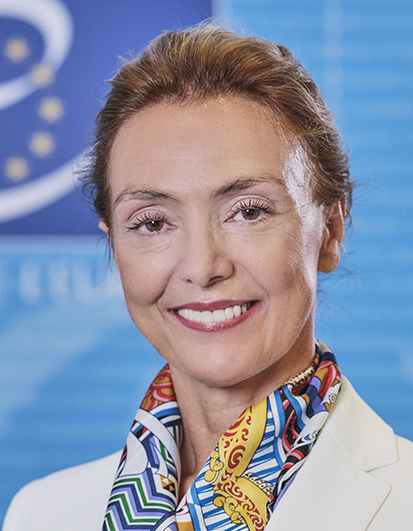
Marija Pejčinović Burić
Secretary-General of the Council of Europe

David Sassoli
President of the European Parliament

Wolfgang Schäuble
President of the German Bundestag

Stéphane Dion
Ambassador of Canada in Germany, Special Representative of Canada to the EU and to Europe
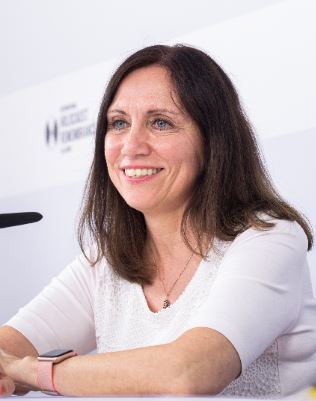
Michaela Küchler
Chair of the International Holocaust Remembrance Alliance

Michael O’Flaherty
Director of the European Union Agency for Fundamental Rights
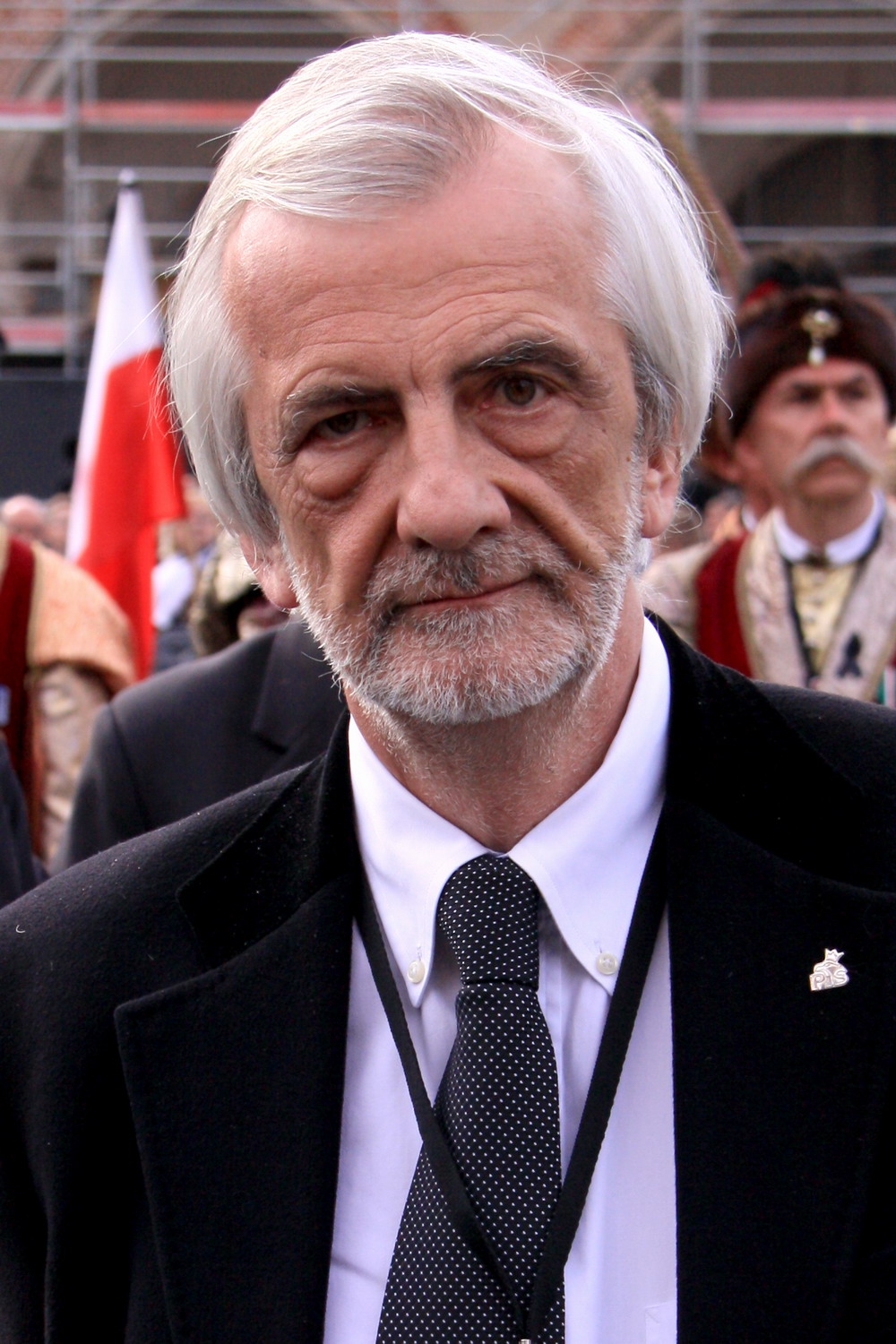
Ryszard Terlecki
Deputy Marshal of the Sejm, Poland
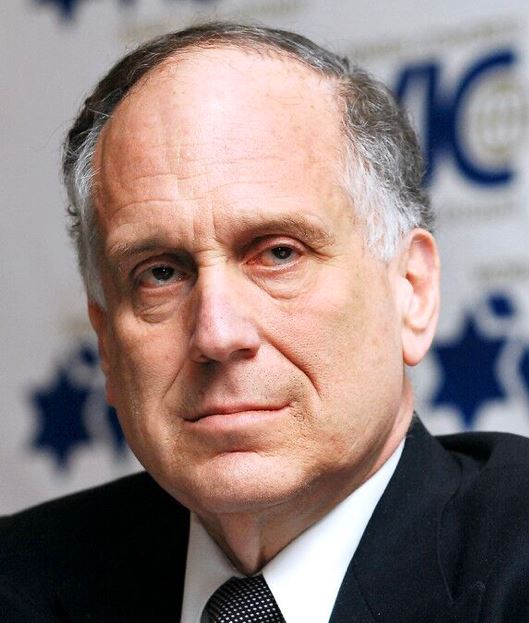
Ronald Lauder
President of the World Jewish Congress
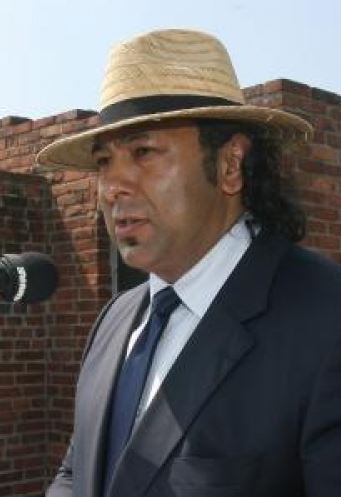
Roman Kwiatkowski
President of the Association of Roma in Poland
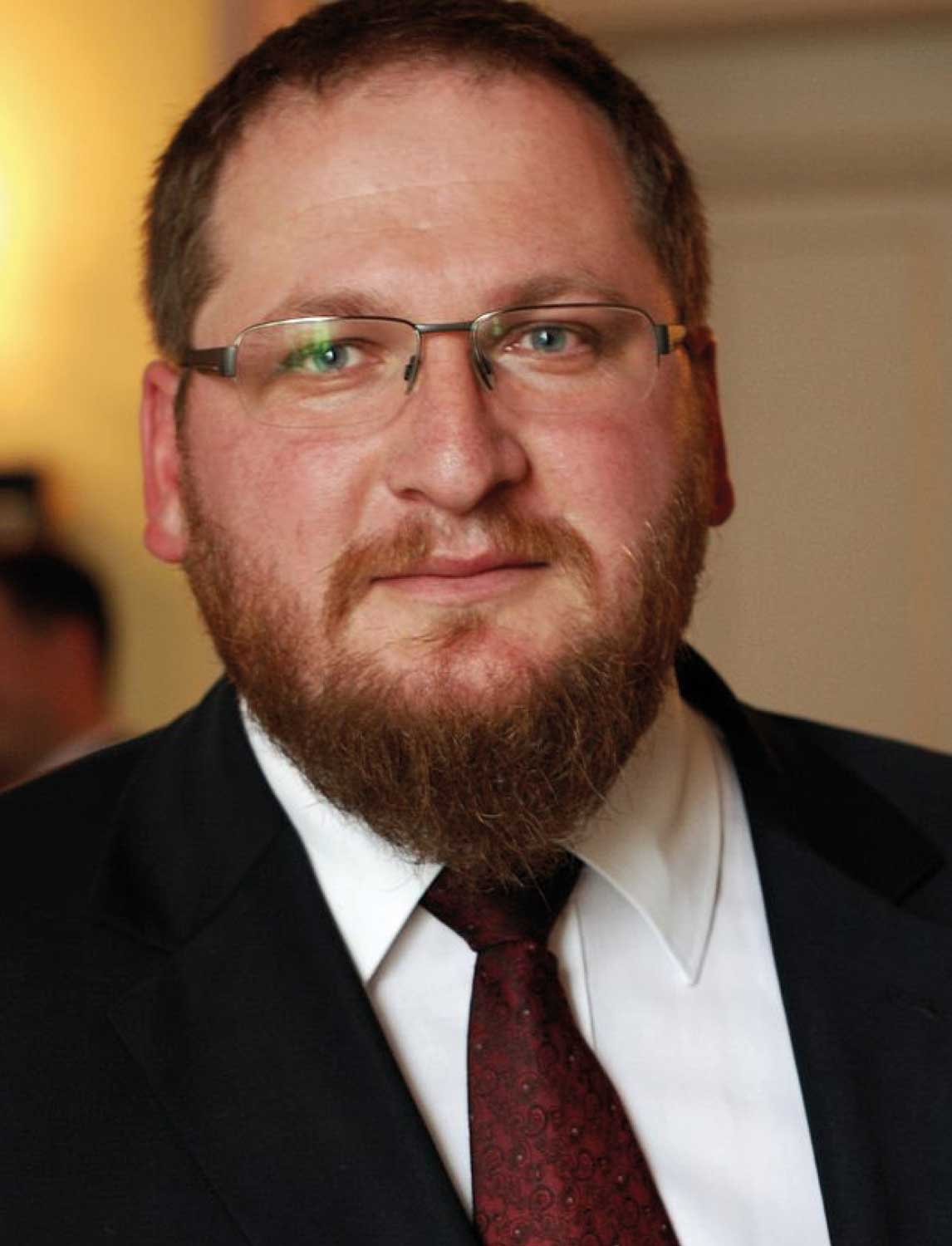
Dr Piotr M. A. Cywiński
Director of the Auschwitz-Birkenau State Museum










